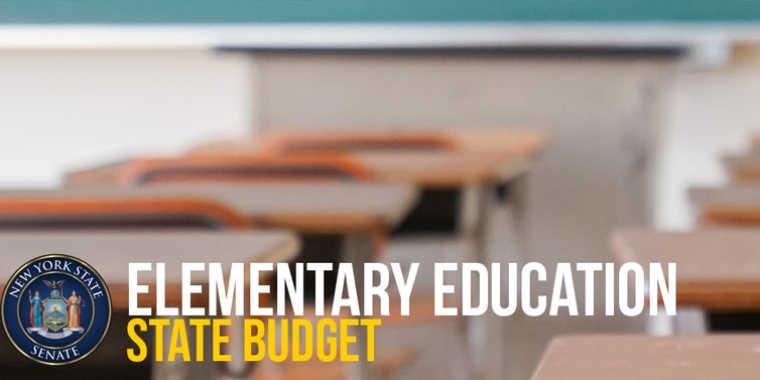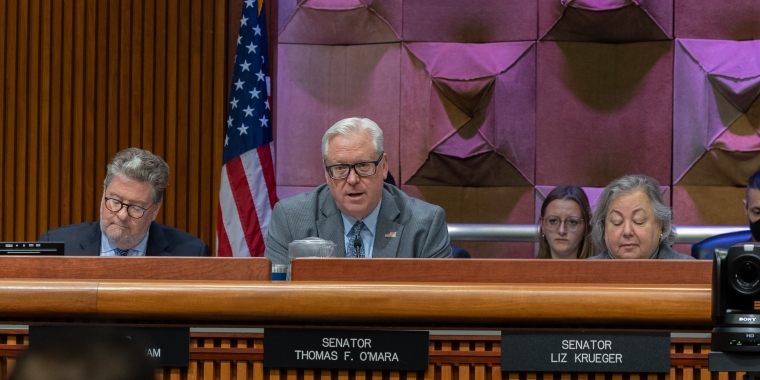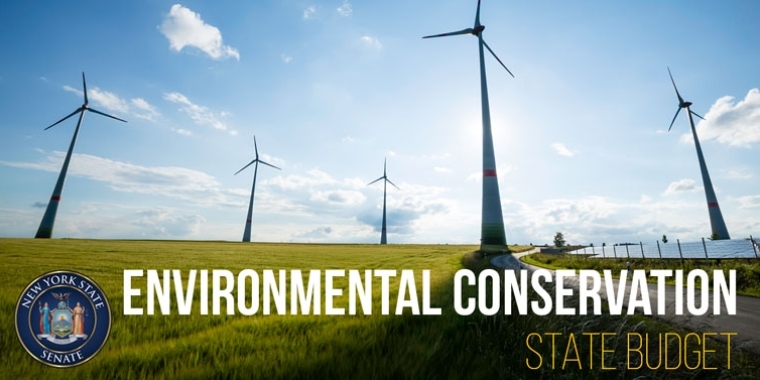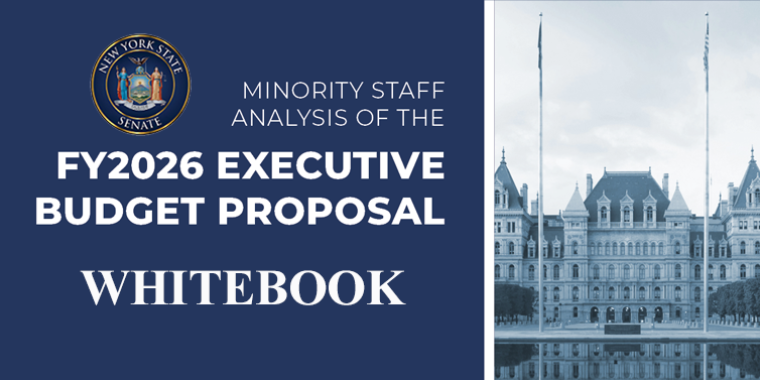
O’Mara disappointed in Cuomo veto in face of strong legislative support: Points to funding restoration in 2013 as barometer of strong, bipartisan support for people with disabilities
October 4, 2016
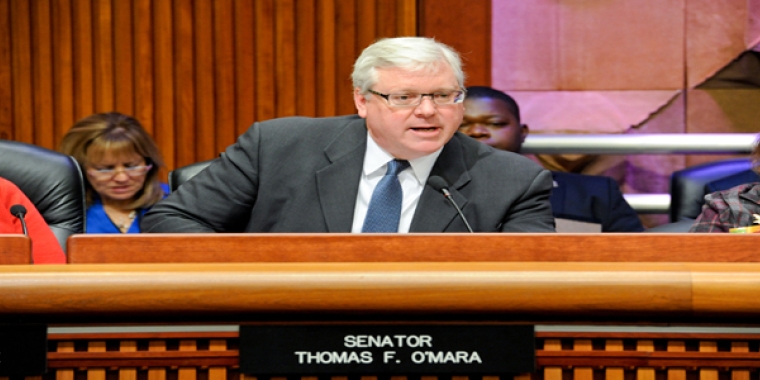
Elmira, N.Y., October 4--State Senator Tom O’Mara (R,C,I-Big Flats) today expressed his strong disappointment in Governor Andrew Cuomo’s veto of legislation over the weekend that would have required the state Office for People With Development Disabilities (OPWDD) to conduct a study and issue a report on the recruitment and retention of direct caregivers working with people with developmental disabilities.
The legislation (S7677/A10409, Governor’s Veto No. 215), which O’Mara strongly supported, was unanimously approved by the Senate and passed by a vote of 138-3 in the Assembly.
“Over the past several years, I’ve joined many of my legislative colleagues, in the Senate and Assembly, on a bipartisan basis, to make clear our strong support for programs and services for the disabled,” said O’Mara. “The challenge of staffing for our nonprofits and other agencies providing the care that’s fundamental to quality of life for the disabled has reached a crisis. It will become even more difficult given this year’s approval of a dramatic increase in the minimum wage across the board. This legislation would have required the OPWDD to work to try to stay ahead of this crisis and develop recommendations for short- and long-term solutions. I still hope and will continue to work to ensure that this needed response happens, but this veto is disappointing.”
Not-for-profit agencies which care for the disabled, together with advocates and workers throughout the Southern Tier and Finger Lakes regions and statewide, have been calling attention to the crisis of chronic understaffing. Last year, they say, nearly 10 percent of jobs went unfilled with a nearly 25-percent turnover rate and remaining staff forced to work frequent unscheduled overtime. Supporters argue that the trend has been building over the past several years due to the work being viewed as a demanding occupation for low pay, although it has historically paid more than the existing minimum wage. They fear that increased competition for workers resulting from upcoming minimum wage increases will make the challenge even greater.
In his veto message, the governor directed OPWDD to continue working with legislators, advocates and caregivers to develop solutions to the staffing crisis. OPWDD is responsible for the health and safety of over 120,000 disabled citizens statewide.
O’Mara pointed to 2013 as a demonstration of the deep-rooted support within the Legislature for programs and services for the disabled. That year Cuomo proposed a $120 million or six-percent, across-the-board reduction in funding for the OPWDD. During budget negotiations that year, both the Senate and Assembly called for rejecting and fully restoring the governor’s proposed cut. Cuomo, however, would only agree to a $30-million restoration, or just one-quarter of his original cut – leaving a $90-million gap.
Following a session-long fight by O’Mara and an overwhelming number of other legislators in the Senate and Assembly, in June 2013 the Legislature approved legislation O’Mara co-sponsored (S4777/A6692), which Cuomo signed into law, that restored the remaining $90-million cut. The new law required that if a previously established working group was unable to achieve recommended savings and cost efficiencies without impacting essential programs and services, state funds would be utilized to make up the difference and fully restore funding for OPWDD.
At that time O’Mara said, "It's one of the most important actions we’re taking this session. This cut was the biggest downside and disappointment of this year’s state budget. But we never gave up on removing this threat to the programs and services that are the lifelines for people with disabilities and their families.”
